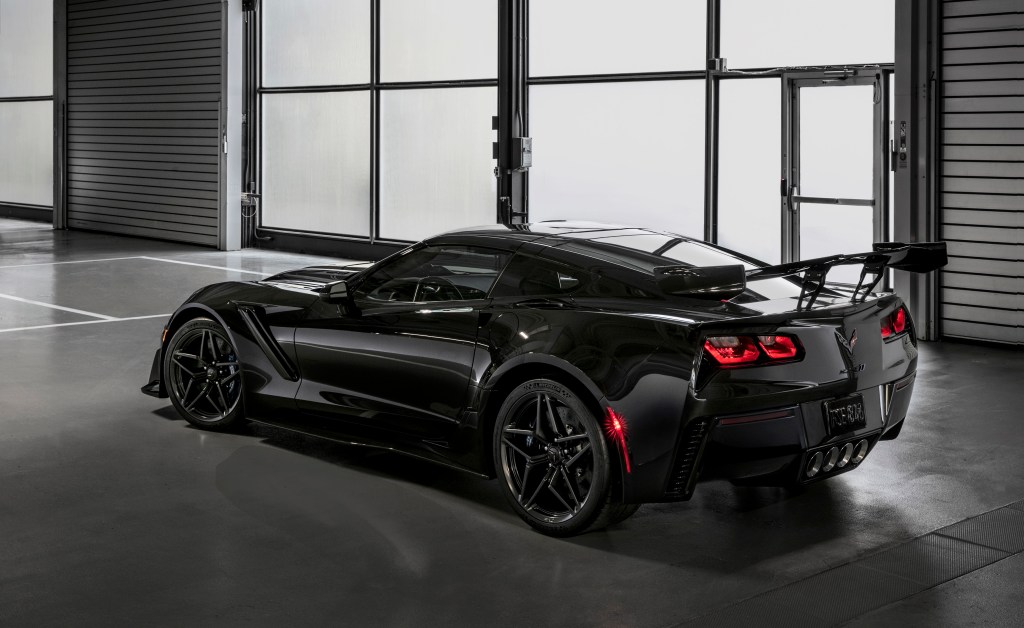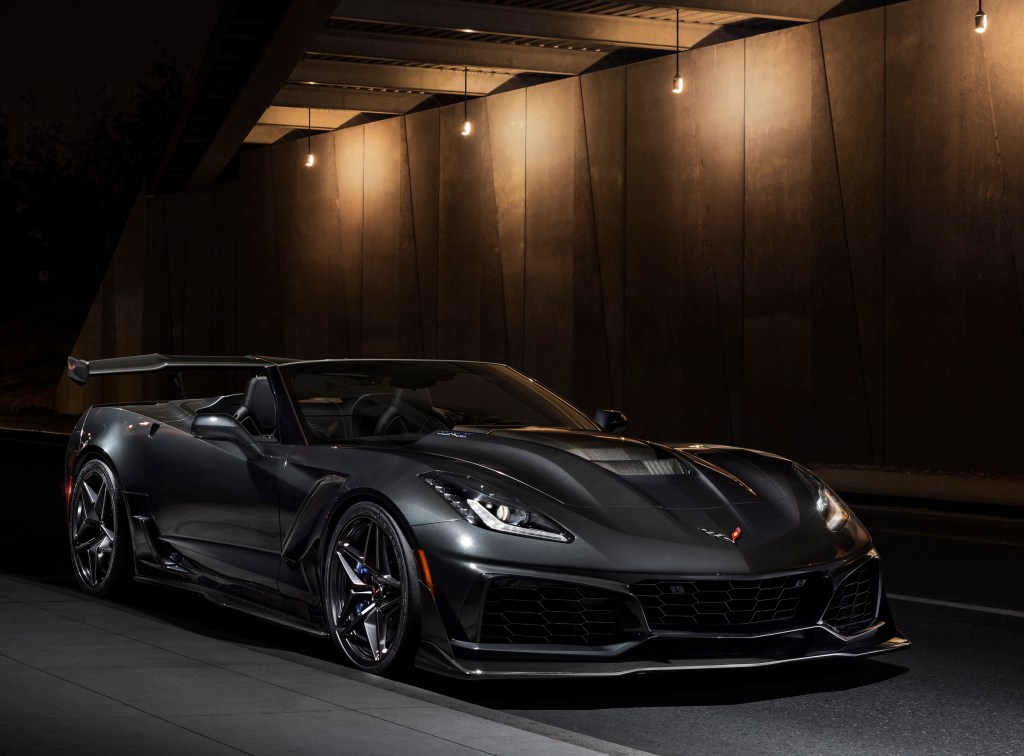
Report: Corvette Class-Action Lawsuit Over Quality Issues
We’ve been reporting on the quality issues with the new 2020 C8 Corvette over the last month or so. Now it seems that those are minuscule next to the class-action lawsuit just filed over issues with the C7 Corvette. Anecdotal stories and postings in online forums of owner safety concerns of C7 Corvette wheels cracking over the years have now come to a head. A class-action lawsuit pits GM against owners of 2015-2019 Corvette Z06 and 2017-2019 Grand Sport Corvettes. The Kehoe Law Firm, P.C., filed the lawsuit in the US District Court of Northern California.
Corvette wheels “are prone to bending and cracking, necessitating costly repairs and replacements.”

Part of the lawsuit lays the blame for Corvette wheels that “are prone to bending and cracking, necessitating costly repairs and replacements.” The suit goes on to say that the issue “can puncture the tires, causing air leaks and blowouts.” No kidding.
What the lawsuit indicates is that the rims are manufactured using cheaper cast material instead of being forged. Forging is repeated pounding of the cast part. This helps to change its molecular structure making it much stronger. The suit says the cheaper cast material develops cracks.
Also, the suit alleges that GM used less material than was deemed safe
Also, the suit alleges that GM used less material than was deemed safe in order to reduce unsprung weight. Unsprung weight is the weight hung onto the suspension that is not supported by the suspension. Think of the wheels, spindles, brakes, and smaller suspension pieces as being the unsprung weight.
The suit says using less material causes the rims to be weaker than if they were cast with more material. According to the suit Chevy has denied any claims and statements made about the dangerous wheels. This in spite of Corvettes being covered by a three-year, 36,000-mile warranty.

GM’s response is that the damage is “caused by potholes.”
GM’s response to these customer complaints is that the damage is “caused by potholes.” Customers are forced to seek out a shop that can weld the wheels back up, then take down the excess material in a lathe. If they’re polished, painted, or anodized, then replicating the finish is the next step. Needless to say, it costs some cha-cha to fix them properly.
We’ve seen a lot of complaints about the C7 wheel cracking in Corvette forums for years. There is even the documentation of Car and Driver’s 40,000 miles 2017 Corvette. It relates how six wheels needed replacement or repair in the short time it had the fiberglass fantastic.
No dates have been scheduled for a hearing

Since the filing just happened and because of the pandemic, there have not been any dates scheduled for a hearing. We’ll be following this story and let you know when this goes to court or if a settlement or other action is taken.
And, if you’ve got a track day scheduled for after the coronavirus has subsided and you’ve got one of the Corvette groups claimed I’d be looking over its wheels closely. Or possibly go with a track set of wheels and tires that aren’t factory-supplied but instead are from the aftermarket.



